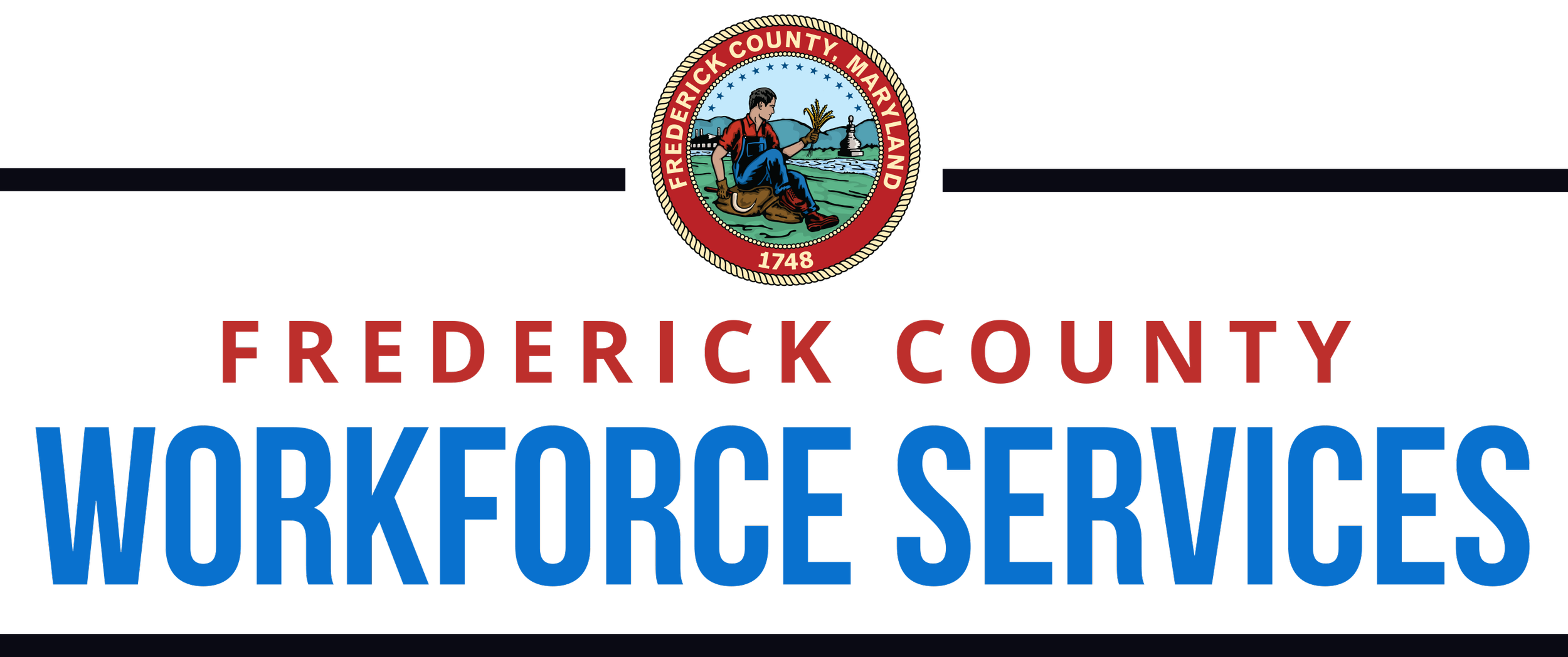Retaining Employment – Conflict Resolution Skills
By Aaron Eleazer, CPRS, RS, WPE Facilitator, Program Specialist, Employment & Training Services Team
Conflict is a natural part of any job. Put a group of people together with deadlines, responsibilities, and different personalities, and sooner or later disagreements will pop up. The real test isn’t whether conflict happens—it’s how you handle it. Strong conflict resolution skills reduce stress, keep relationships intact, and help you look like the cool-headed professional every workplace needs (instead of the person who loses it over a small mistake).
Why Conflict Resolution Matters
Employers value people who solve problems without creating new ones. If you can handle tough moments calmly, you become someone your boss and coworkers’ trust. After all, it’s a lot easier to keep an employee who helps things run smoothly than one who adds fuel to every fire.
Practical Tips for Resolving Conflict
1. Stay Calm and Professional
Picture this: a deadline gets moved up and you’re stressed. Instead of throwing your hands in the air and declaring, “Well, guess I live here now,” pause. A calm response keeps things focused on solutions, not meltdowns.
2. Listen Actively
Sometimes conflict is nothing more than crossed wires. Maybe you thought someone ignored your request—but they never even saw it. Listening carefully avoids unnecessary drama and keeps you from rehearsing a fiery speech that wasn’t needed in the first place.
3. Communicate Clearly and Respectfully
Swap out phrases like “You always make things harder” for “I feel overwhelmed when we don’t share the workload.” The first makes you sound like you’re starting a boxing match, while the second makes you sound like a problem-solver.
4. Seek Common Ground
If two people disagree on how to handle a task, try blending ideas or testing one approach temporarily. It’s a lot better than standing firm forever and making the project feel like a tug-of-war that nobody wins.
5. Know When to Involve a Supervisor
If things drag on, it’s okay to bring in a supervisor. Just keep it professional. Think: “We’ve tried to work this out but need guidance,” not “This person is obviously plotting my downfall.”
6. Manage Stress Proactively
Stress makes even small things—like a jammed copy machine—feel like the end of the world. Take a short break, breathe, or organize your to-do list. Sometimes the best way to avoid conflict is to make sure you don’t start one just because you skipped lunch.
The Bottom Line
Keeping your job doesn’t just depend on skills or performance—it also depends on how you handle conflict. By staying calm, listening, and communicating clearly (with a little humor when needed), you’ll be seen as someone who brings solutions, not problems. Conflict is unavoidable, but with the right approach, you’ll keep your career steady—and maybe even save yourself from a few unnecessary headaches along the way.
